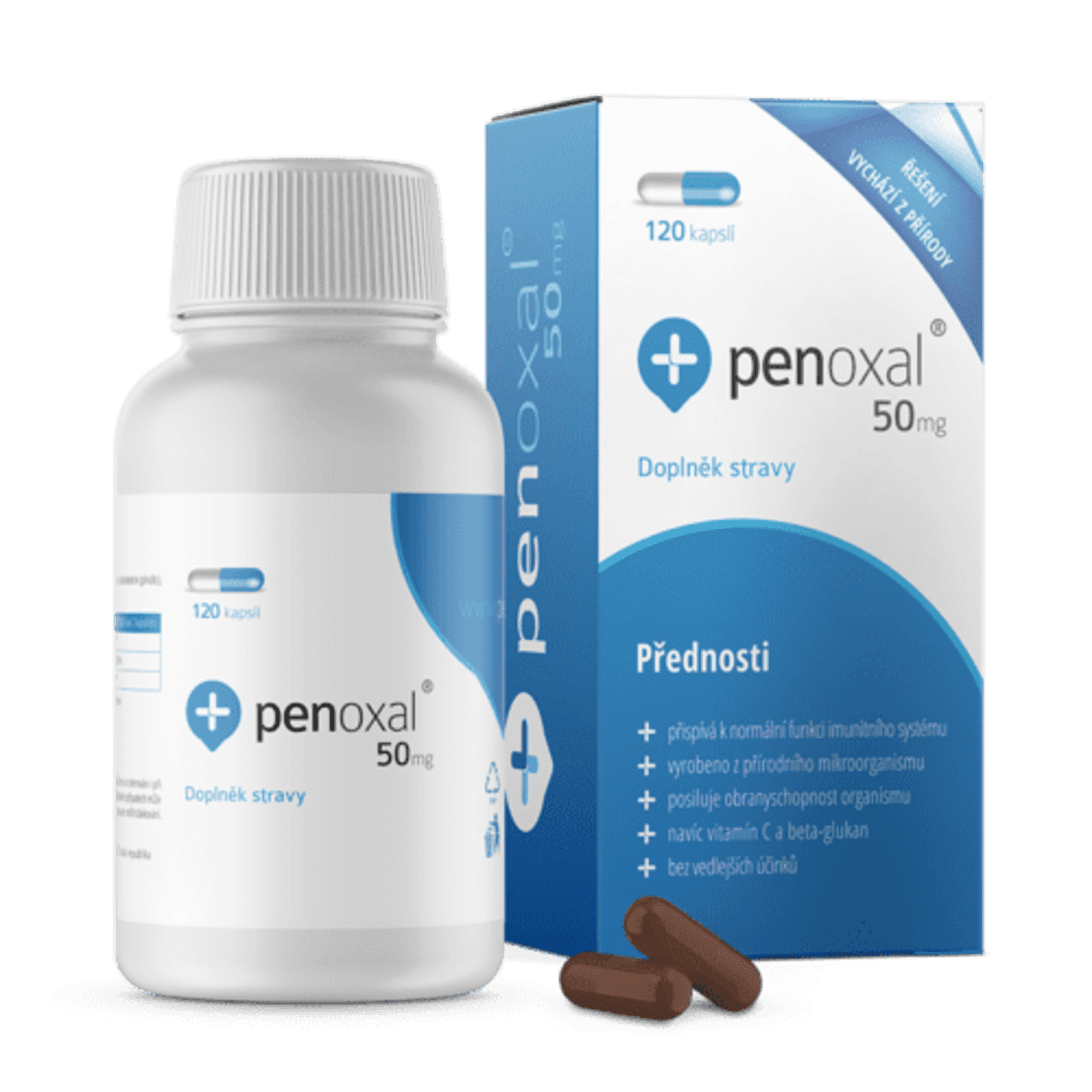I’m 40 and have spent years battling backache, going from one doctor to another. After a few MRIs and no…
Read the storyWhat is the use of Penoxal in gynecological problems?

Penoxal aids an easier and faster recovery as it promotes immunity and thus reduces a risk of developing the disease; it balances the internal environment and it harmonizes the reproductive organ activity.
The recommended dosage during gynecological treatment is 2 capsules a day for 2 months
Professional information
M.D. Anna Galambos, Pharm.Dr. Thomas Arndt and other doctors confirm in their statements about Penoxal that it is suitable food supplement to complement cancer treatments. Find out more about Penoxal users experience HERE.
We are a proud manufacturer of natural microorganism products
We focus on the production and sale of PENOXAL dietary supplement.
Our products are completely free of preservatives, artificial colors and have no side effects. They contain the active substance Biocol, which was discovered already in 1972.

Gynecological diseases
Weak immunity, hormonal imbalances, food high on sugar, use of antibiotics, inappropriate or inadequate hygiene, stress and promiscuity may all instigate undesirable bacteria multiplication, yeast or HPV, and cause fungal or other (more serious) infections of fragile female genital organs. Signs and symptoms may be very uncomfortable, and to fight them is often a long haul. Other, usually asymptomatic diseases are even more insidious, and can lead to life-threatening conditions such as cervical cancer. In order to prevent their onset and to treat them more easily and faster it is necessary to boost the immune system, thereby reducing the risk of a disease, modifying internal imbalances and harmonizing the reproduction organ activity.
Read moreGynaecological diseases of female genital organs
Gynaecological diseases can be very dangerous, not only for young women planning motherhood, but also for menopausal women encountering great hormonal changes. These changes act as risk factors of chronic disorders or cancers.
Female genital organs can be protected by healthy diet, regular exercise, drinking regime, adequate hygiene, safe sex, and maintaining a strong immune system as a main aspect of the overall health.
Read moreEndometrióza
Endometriosis is a gynecological disorder most commonly affecting women during their reproductive age. Endometriosis is when small particles called endometrium grow outside the uterine cavity or outside their usual location. Endometrium may be detected in ovaries, urinary bladder or in the bowel. Consequently, cysts and uterine fibroids may form and lead to uncomfortable pain. Endometriosis poses a risk when trying to conceive.
Read moreUterine fibroids
Uterine fibroids are the most common benign tumours affecting women; over half of the female population is affected throughout their childbearing age, but mostly between their 30s and 50s. Uterine fibroids are developed in 90% of cases from one layer of smooth uterine muscle. In other cases they may be located in the cervix. Another, more colloquial term for this condition is “enlarged uterus”.
Read moreGynecological inflammations
Viral infections
Precancerous diseases
Read patient stories
I am writing on my daughter’s behalf, who has been fighting cancer for six years. Five years ago, she underwent…
Read the storyHello, my name is Teresa and I would like to share a story with you about my health problems. I…
Read the story


